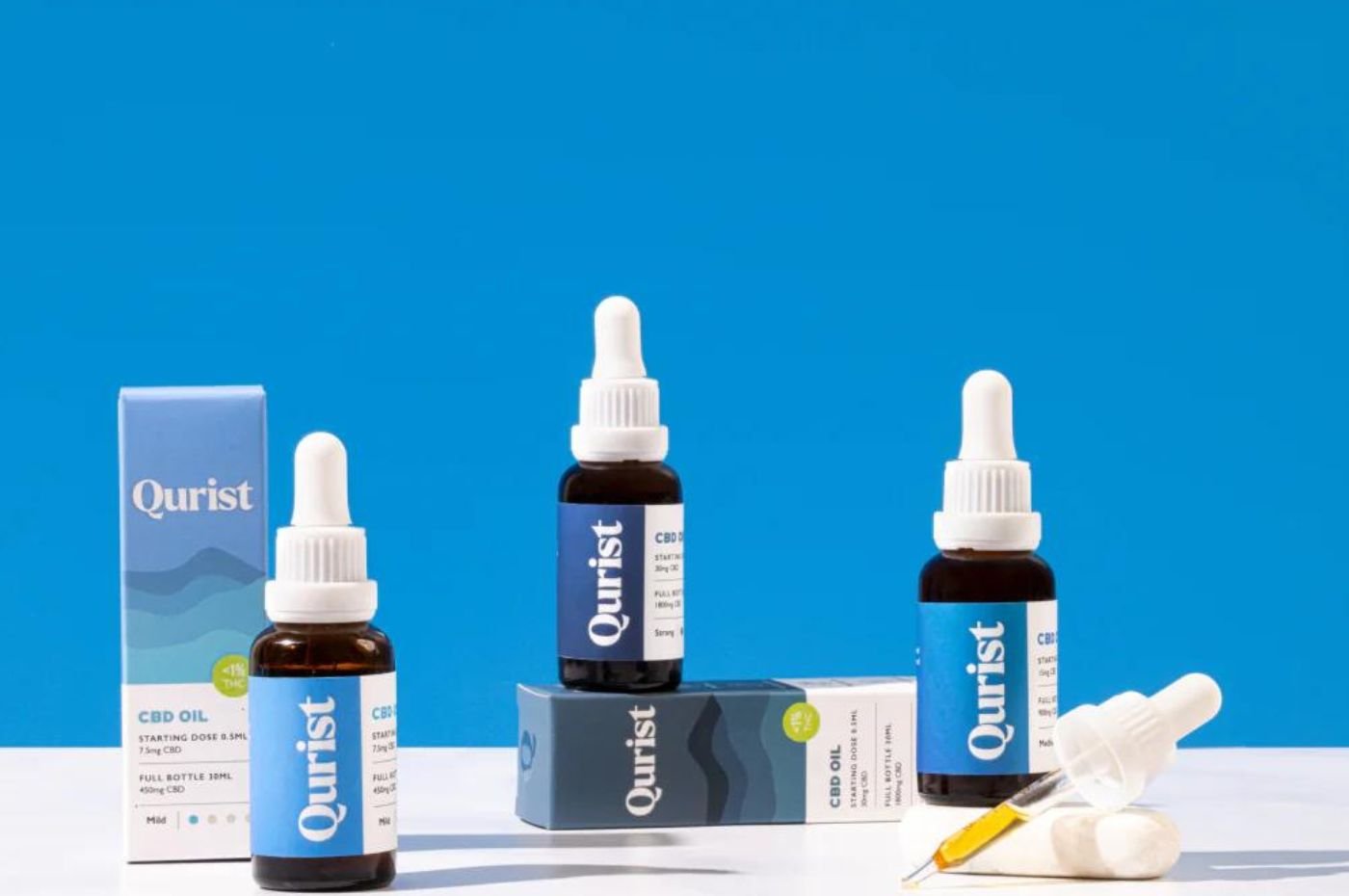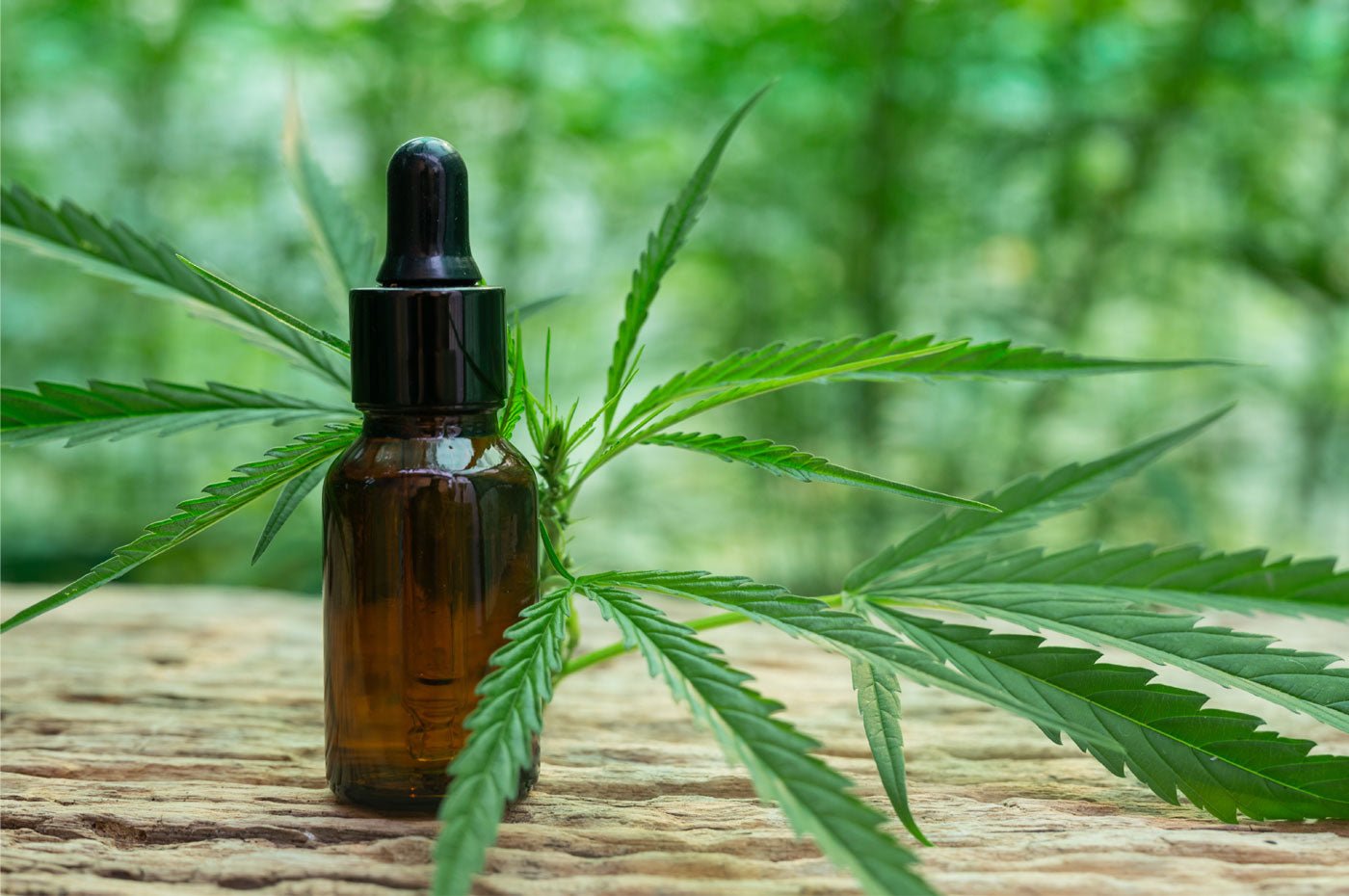Neuropathic pain, commonly referred to as nerve pain, poses a significant challenge that severely affects quality of life. Effective management of nerve pain involves targeting the underlying causes and employing treatment strategies that provide relief and improve daily living.
What is CBD and How Does it Help Manage Nerve Pain?
CBD oil India is a naturally occurring compound found in the cannabis plant. It is one of the many cannabinoids present in cannabis and is known for its potential therapeutic benefits without producing any intoxicating effects.
Here's how CBD can assist in managing nerve pain:
- Anti-inflammatory properties: CBD possesses anti-inflammatory properties, which can help reduce inflammation that often contributes to or exacerbates nerve pain. Inflammation can put pressure on nerves and cause pain, and CBD's ability to reduce inflammation may alleviate this discomfort.
- Interaction with the endocannabinoid system: CBD interacts with the body's endocannabinoid system, which plays a crucial role in regulating pain perception, inflammation, and other physiological processes. By modulating the activity of this system, CBD may help reduce the transmission of pain signals and provide relief from neuropathic pain.
- Neuroprotective effects: Research suggests that CBD may have neuroprotective effects, meaning it can help protect and support the health of nerve cells. This property may be beneficial in cases of nerve damage or neuropathy, as it can potentially aid in the regeneration and repair of damaged nerves.
- Analgesic properties: CBD has been found to possess analgesic (pain-relieving) properties, which may be particularly useful for managing chronic neuropathic pain conditions, such as diabetic neuropathy, multiple sclerosis, and certain types of cancer-related nerve pain.
What is Gabapentin and How Does it Help Manage Nerve Pain?
Gabapentin is a medication that is commonly prescribed to help manage nerve pain, also known as neuropathic pain. It works by modulating the activity of certain neurotransmitters and ion channels in the central nervous system, which can help reduce the transmission and perception of pain signals.
Read More: CBD for Neurological Disorder
Here's how gabapentin helps with nerve pain:
- Modulation of calcium channels: Gabapentin binds to the alpha-2-delta subunit of voltage-gated calcium channels, which are involved in the release of neurotransmitters that contribute to pain signalling. By binding to these channels, gabapentin can reduce the release of excitatory neurotransmitters like glutamate, which can help decrease the transmission of pain signals from the nerves to the brain.
- Inhibition of neuronal excitability: Gabapentin can also decrease the hyperexcitability of neurons, which is often associated with neuropathic pain conditions. By reducing neuronal excitability, gabapentin can help prevent the amplification and spread of pain signals, leading to a reduction in the perception of pain.
- Modulation of neurotransmitter release: Gabapentin may also modulate the release of other neurotransmitters involved in pain signalling, such as substance P and norepinephrine, which can contribute to its analgesic effects.
- Central sensitization reduction: Neuropathic pain is often accompanied by central sensitization, where the central nervous system becomes hypersensitive to pain signals. Gabapentin may help reduce this central sensitization, making the body less responsive to pain stimuli.
CBD Oil vs Gabapentin
| Basis of Distinction | CBD | Gabapentin |
|---|---|---|
| How it Works | CBD interacts with the endocannabinoid system. | Gabapentin interacts with calcium channels present in the brain. |
| Side Effects | Drowsiness, fatigue, dry mouth, diarrhoea, appetite changes, weight fluctuations, nausea, vomiting, liver enzyme elevation, medication interactions, low blood pressure, decreased fertility, sleepiness, and drowsiness. | It is generally well-tolerated but can cause side effects such as dizziness, somnolence, and peripheral edema in some patients. |
| Guidelines for prescriptions | CBD products derived from marijuana (cannabis with higher THC levels) may require a prescription, depending on the specific laws and regulations of the region or country. | Gabapentin is a prescription medication and requires a valid prescription from a licensed healthcare professional in most countries. |
| Medications and Interactions | Might interact with other medications. | Might interact with other medications. |
| Chemical Structure | It is a phytocannabinoid with a chemical structure of 21 carbon atoms, 30 hydrogen atoms, and 2 oxygen atoms (C21H30O2) | Its molecular formula is C9H17NO2, consisting of 9 carbon atoms, 17 hydrogen atoms, 1 nitrogen atom, and 2 oxygen atoms. |
| Route of Administration | CBD can be administered through various routes, including oral (tinctures, capsules, edibles), sublingual (under the tongue), topical (creams, ointments). | Gabapentin is primarily administered orally in the form of capsules or tablets. It is not recommended for topical or inhalation use. |
| Metabolic Pathway | CBD is metabolized primarily by the cytochrome P450 enzyme system in the liver, specifically the CYP3A4 and CYP2C19 enzymes. | Gabapentin is not metabolized by the liver and is eliminated from the body through renal excretion (kidneys) without undergoing significant metabolism. |
FAQs
1. What is the difference between CBD oil and gabapentin in terms of their mechanisms of action for nerve pain relief?
CBD oil interacts with the endocannabinoid system, while gabapentin binds to calcium channels to reduce neurotransmitter release and neuronal excitability.
2. Are there any potential side effects associated with using CBD oil or gabapentin for nerve pain?
Common side effects of CBD oil include drowsiness, dry mouth, and diarrhoea. Gabapentin's side effects may include dizziness, edema, and potential for abuse.
3. Can CBD oil and gabapentin be used together for nerve pain management?
Combining CBD oil and gabapentin is generally not recommended without consulting a healthcare professional due to potential interactions and increased risk of side effects like drowsiness.





Leave a comment
This site is protected by hCaptcha and the hCaptcha Privacy Policy and Terms of Service apply.